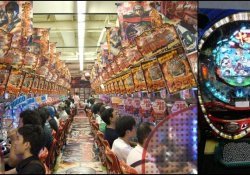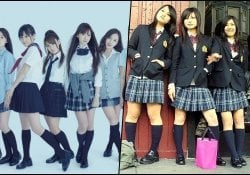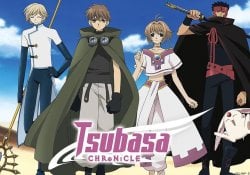The connection between Brazil and Japan is huge. If we have received incredible heritage and gifts from Japanese culture such as delicious cuisine, manga and drawings, martial arts and much more, we can also be proud to have exported some really cool stuff. football/soccer did not arrive in Japan in the hands of Brazilians, but it is undeniable that local football/soccer has a before and after Zico.
The Kashima Antlers emerged in 1947, but went up and down in the main division and in the second division until the emergence of the J-League in 1993. Zico arrived in 1991 after his second spell at Flamengo and surprising everyone by fate. Soon he became an idol, retiring in 1994, becoming coach in 1999 and ascending to the Japanese national team in 2002. He is now the club's technical director and still great idol.
Before that, European and South American teams already knew the paths of Tokyo and Yokohama because of the Interclub World Cup. After withdrawals and police stories of the duels between South Americans and Europeans, back and forth, to decide who would be world champion, Toyota's sponsorship made the tournament to be played in the Asian country. Even with Interclubes moving to a tournament organized by FIFA in 2004/05, Japan continued to host the competition. São Paulo in 2005, Internacional in 2006 and Corinthians in 2012 were champions in Yokohama. Flamengo in 1981, Grêmio in 1983, São Paulo in 1992 and 1993 were champions at the national stadium in Tokyo.
Gradually the J-League was drawing the attention of other players and coaches. Leonardo arrived in 1994, right after being world champion, in a successful passage that was followed by a return to Europe that also had good moments. In other words, it was not a career-ending decision.
The same can be said of Arsene Wenger. The historic Arsenal manager for 22 years went from Nagoya Grampus to the English team. There he won the Emperor's Cup and the Supercup before joining the London team and winning the Premier League several times.
Despite not being a continuous and unequivocal success, the formation of the league and arrival of international expertise made national football/soccer grow and flourish. Which was perfect because the country would host the 2002 World Cup, along with South Korea.
If Japan had only one Cup played, precisely that of 1998, and lost all three games in the group stage, this time they won two, drew one and passed as the leader of their group. However, in the round of 16 they lost 1-0 to Turkey.
But Brazil would avenge that. When he took Turkey in the semifinals, he also won 1-0, in Ronaldo's famous goal. In the end, another Brazilian conquest in Japan with the 2-0 over Germany. To confirm the good luck of the Japanese winds, at the Tokyo Olympics Brazil was gold in soccer too.
Since then, Japan has always been present at the World Cups and continues to be a destination for Brazilians and also for players looking for new challenges and an interesting experience. Andres Iniesta, a Barcelona legend, arrived in 2018 and is still active at the age of 37, having won the Emperor's Cup and the Supercup with Vissel Kobe.
United by history, Brazil and Japan have this incredible relationship that is worth knowing.





